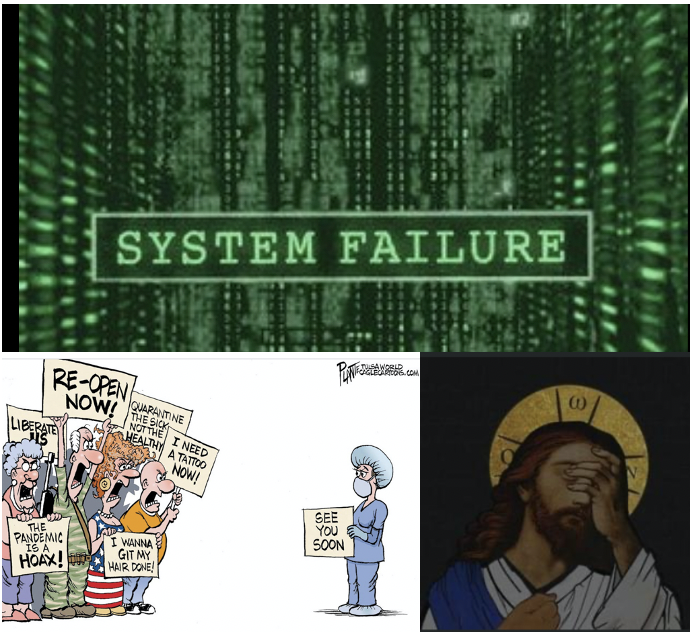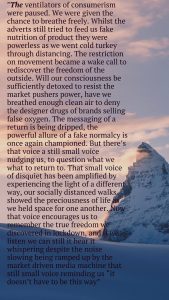How many people came to church on Sunday? How many baptisms? How many weddings? How many came to the Fresh Expression gathering? Are the numbers going up? Are our churches growing? These were our questions three months ago. Then we left our buildings and we had a whole new set of questions.
How many logged into church on zoom? How many watched the video on youtube? Hurrah, more people are connecting remotely than ever came to church in the building! Then more recently: How many of our online viewers will join us when we are back in the building?
But what if these are the wrong questions? What if we are not supposed to be concerning ourselves with church growth at all, at least not in the numerical sense? Dare I say that we should concern ourselves with other priorities than church growth?
Forty-six years ago Lesslie Newbigin returned from India and in 1989 wrote a book: ‘The Gospel in a Pluralist Society.’ It has become a classic, much read and quoted but the point often missed, because his point is that committed faithful believers will always be a minority. It is how it always is. It happened to Jesus so who on earth are we to think it will be different for us – he had crowds in the beginning but numbers dwindled.
Newbigin argues that the church has a key and important role to play in wider society, that our presence within society bringing challenge and change is critical. We are to be confident in what we learn from Jesus, to live out and communicate faith. But we are to bear in mind that our individualistic society has blinded us to communal aspects of salvation, meaning counting numbers is missing the point. We’re to focus on changed society as the outcome rather than church growth. Newbigin writes: ‘We get a picture of the Christian life as one in which we live in the biblical story as part of the community whose story it is… from within that indwelling try to understand and cope with the events of our time and the world about us and so carry the story forward.’ (p.99.)
What if we take seriously the calling to be salt and light, yeast in the dough, at times visible and other times invisible, a small ingredient that changes the whole? What are our questions now? How many people turn up on Sunday morning is no longer the priority, unless we have fallen into the trap of caring more about the institutional structures than the heart of what God is doing.
The questions then become about what the world need us to be and do, right now, as we face this crisis and wider societal challenges. What is God working on? What needs to be said and done in order to support society to re-engage well, to move forwards into something more connected, more earthed, more real, kinder? Who are our partners in this work for the Common Good?
I find it hard to care as much as the church thinks I ought to about numbers coming to church. I understand that people gathering to share together in the story of God is a good thing. We need refreshing in what renews our vision, we need one another, we need God.
But turning up isn’t the point – the point is whole lives lived in God. Right now, there are bigger questions at stake than numbers at church, whether in a building or online. We have a unique moment as society, we have choices to make. Right now, that is what I care about, that is what matters, and that is where my energy is going.
Cate Williams 1st June 2020


 I do think some of the reactions in the USA for me just show how addicted we are, (not just how they are), to a consumerist capitalist system, and I really do think these are signs of system failure. Most of my life we have talked of the shifts from modernity to post modernity to post secularisation and the collapse of our financial system as the consequences of a system where money has become disconnected from the real when we ended the gold standard, and where the system has created economic slavery and an insatiable desire to use the worlds resources beyond what is sustainable and now faces global warming and ecoside.
I do think some of the reactions in the USA for me just show how addicted we are, (not just how they are), to a consumerist capitalist system, and I really do think these are signs of system failure. Most of my life we have talked of the shifts from modernity to post modernity to post secularisation and the collapse of our financial system as the consequences of a system where money has become disconnected from the real when we ended the gold standard, and where the system has created economic slavery and an insatiable desire to use the worlds resources beyond what is sustainable and now faces global warming and ecoside.